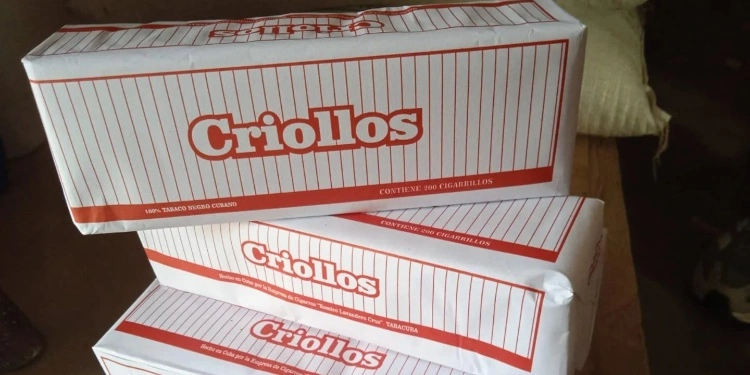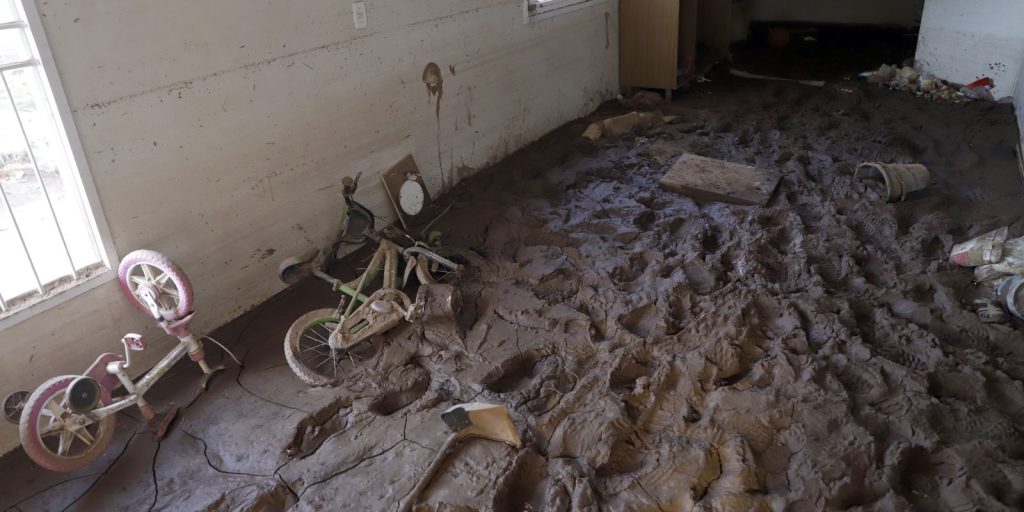A new concern is added to the crisis facing the health system due to the lack of funding it is experiencing. On this occasion, the representative to the House for the Democratic Center, Andrés Forero, He warned that the Ministry of Finance had assured him that there might not be enough resources to pay the maximum budgets for this year, which would be close to $2 billion.
(See: The Adres has turned over $49.46 billion from January to July under the UPC concept)
The arguments of the Ministry of Finance are that due to failure to meet tax collection targets in the first quarter of the current period, That is to say, this year, there were a series of pressures on the liquidity of the National Treasury that forced budget cuts.
In a petition for the right answered by the portfolio to the representative, it was determined that in reference to the flow of resources destined to pay maximum budgets, these “They could eventually be scheduled for the last month of the current fiscal year, depending on the behavior of the collection of resources that are part of the General Budget of the Nation.”.
(Read more: Household health spending picks up as system deteriorates)
It is worth noting that Now the resources that cover especially high-cost diseases would be at risk.since the maximum budgets cover services, medicines and new technologies that are not included in the Basic Health Plan (PBS), that is, those that are not covered by the Per Capita Payment Unit (UPC).
Health
iStock
Another problem is that not only would this year’s maximum budgets be compromised, but also those of 2022, which are estimated at a total of $820 billion, a figure that has not yet been issued. These were also denounced by Representative Forero.
(Read more: Do Colombians really sleep well? This is what a study says)
Even the director of the Administrator of the Resources of the General Health Social Security System (Adres), Félix León, recently assured Portafolio that regarding these resources, The Ministry of Finance was expected to send themtaking into account that the concept of this money is under that of public debt.
“The Ministry of Health can issue payment resolutions, but this money is not here because it is public debt, it is in the Treasury. We are waiting for the transfer from that portfolio to arrive.”, explained Leon.
(See also: The lawsuit that Bogotá could face after the end of the San Juan de Dios contract)
According to the Colombian Association of Comprehensive Medicine Companies (Acemi), due to this situation, and considering that approximately $300,000 million must be allocated monthly to finance maximum budgets, The Ministry of Finance would not pay in a timely manner nearly $1.8 billion pesos that are needed to cover the maximum budgets until the end of the year.

Health
iStock
“It should be noted that 90% of the maximum budget resources are used to pay for high-cost services and medicines. That is to say, mainly patients with rare and orphan diseases benefit from the payment of these resources not included in the PBS.“, says Acemi.
Even the technical vice president of Acemi, Mario Fernando Cruz, highlighted that the consequences of these resources not being allocated in what remains of the year will be reflected in people who require diapers for incontinence or who are disabledfor mothers who accompany their children, food for doctors, expensive cancer treatments or painkillers for people suffering from chronic pain, among others.
However, in a previous petition response from the Ministry of Finance to Congressman Forero, this entity highlighted that at least the maximum budget adjustments for 2022 that remain to be paid, will be turned over once the nation’s resources show a “proper behavior” that allows their assignment.
(See: Caution: These are the risks you face by skipping breakfast)

Health
iStock
How do maximum budgets work?
According to an analysis by the Así Vamos en Salud think tank, the maximum budgets are the resources complementary to the premium defined as the Per Capita Payment Unit (UPC), which is calculated annually and seeks to cover those services and technologies that are not yet financed by the UPC.
(Read more: La Guajira will have a high-complexity hospital thanks to an agreement between Colombia and the UAE)
Among the conditions for non-financing of the PBS are the high variability of prices or because they are complementary social services ordered by a judge, but they do not necessarily have to be covered with health resources.
According to the think tank, Currently, some medicines for rare diseases are funded with maximum budgetscomplementary social services, most new drugs, Nutritional Foods for Special Medical Purposes (APME), some procedures, devices and drugs used for an indication other than that approved by the regulatory agency.
“The maximum budget is based on article 240 of Law 1955 of 2019, which modified the way in which health services and technologies not financed with UPC resources that were previously recovered from the Administrator of the Resources of the General Social Security System in Health (Adres) are administered and managed.“, they say.
(See also: The drink that would easily help you fight constipation)
In addition, this methodology was created as of March 1, 2020, with the aforementioned law, and by which an annual budget is assigned to the EPS of the contributory and subsidized regime with which these entities must carry out the management and guarantee the provision of health services and technologies not financed by the UPC to its members.

















